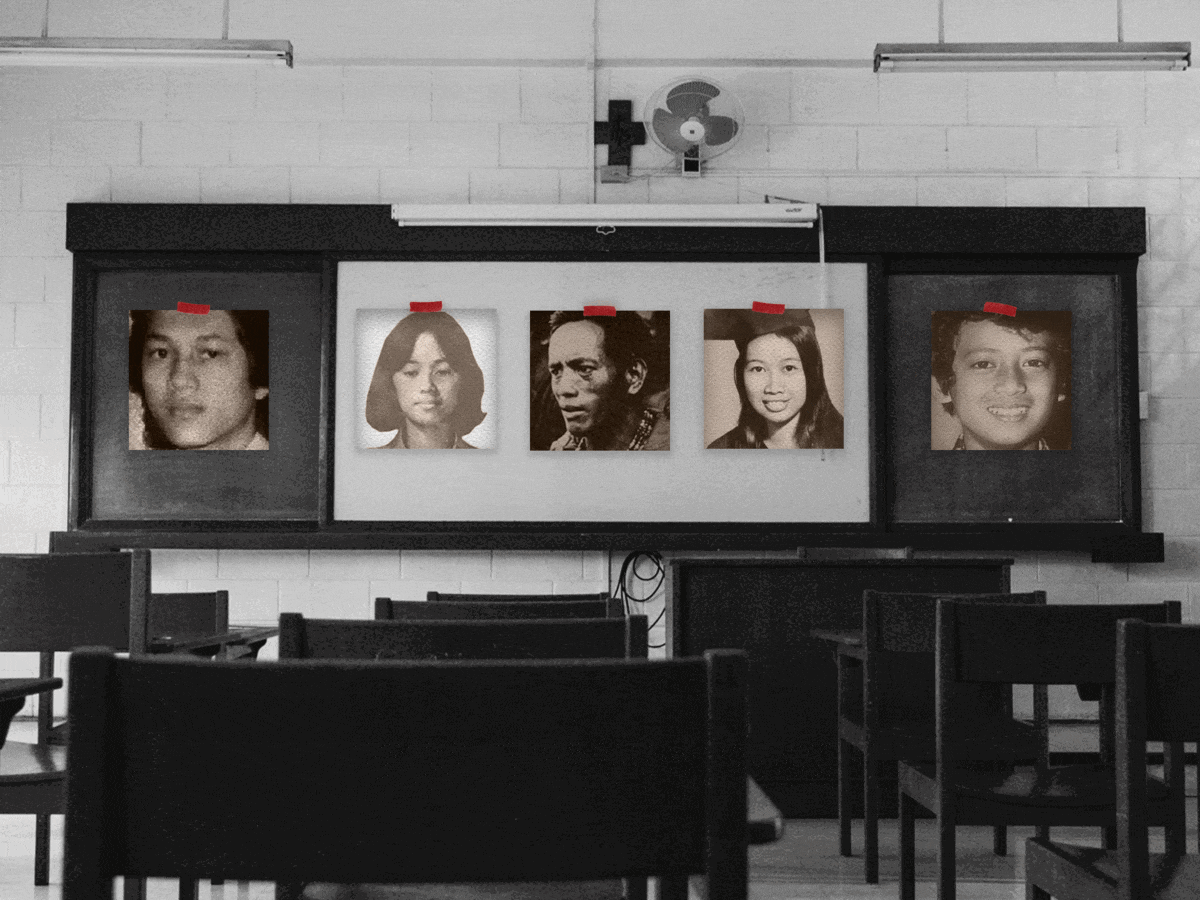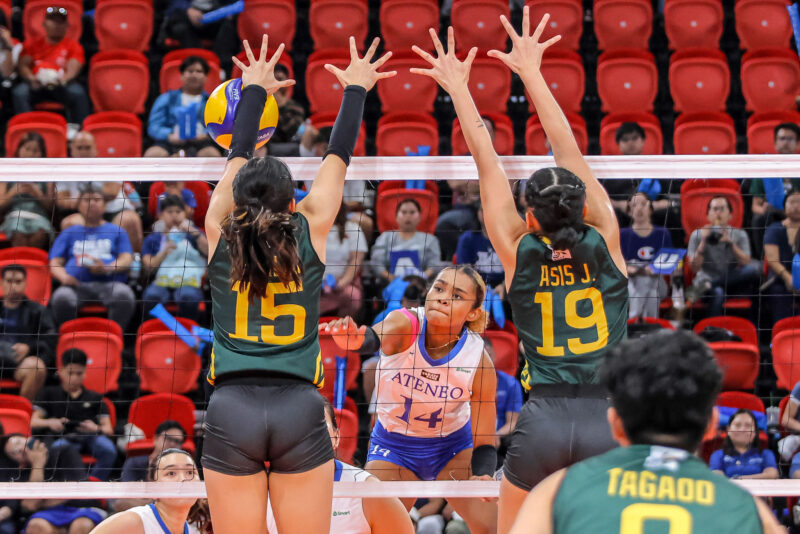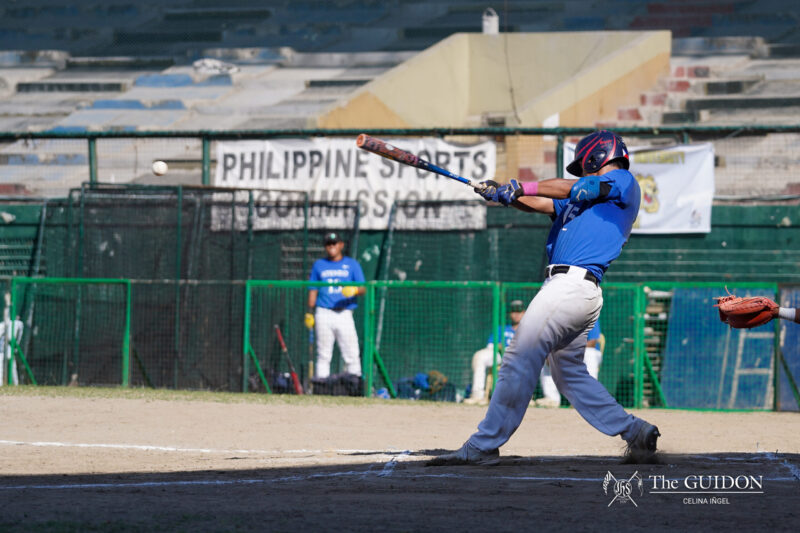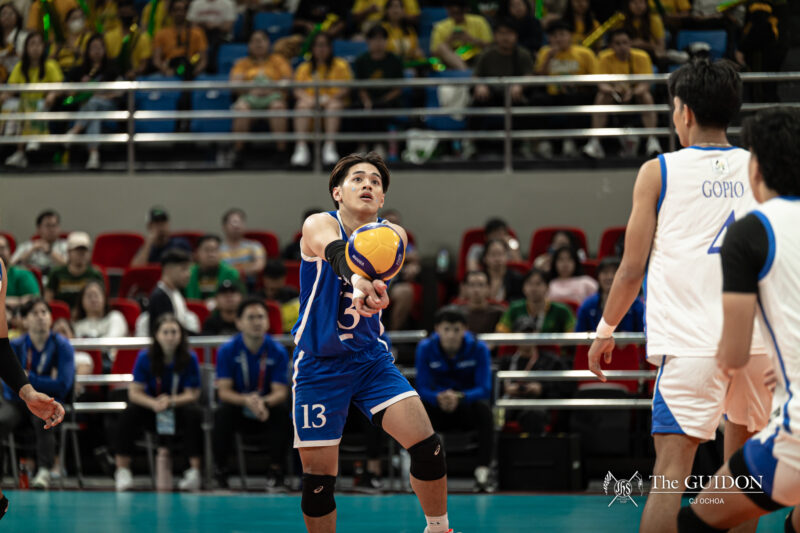THE DISTORTION of historical truths about the late dictator Ferdinand Marcos’ legacy has taken center stage in the current age of disinformation. In particular, educational institutions are faced with a bigger challenge to combat the slew of propaganda attacks and false narratives about this period in history.
The Ateneo, for one, is known to have actively condemned the atrocities during the regime of Marcos Sr. Then, Loyola Schools (LS) faculty members were members of legal socio-political organizations. Moreover, today, the Ateneo’s efforts to keep the nation’s memory of Martial Law alive manifests in its promotion of the Ateneo Martial Law Museum (AMLM) and its issued statements condemning the Marcos regime.
Unfortunately, the country’s presentation of history in textbooks does not directly target such historically distorted claims, giving leeway for disinformation to thrive. As the calls to “never again and never forget” echo louder within and beyond the Ateneo, educational institutions are again challenged to commit themselves to the war against historical distortion.
Telling the dictator’s tale
Ateneo de Manila University History Professor Jose Ma. Edito K. Tirol, PhD defines historical revisionism—different from historical distortion—as the method of amending historical narratives to illustrate a clearer picture of the past. According to him, it is not inherently detrimental to revise historical information if the revisions are to correct and ensure historical accuracy.
Meanwhile, historical distortion is the deliberate alteration of history with the ill intent of perpetuating lies. He cites as examples the denial of the human rights abuses and the Marcos family’s ill-gotten wealth during the Martial Law period to garner support from the public and re-emerge in the national political scene.
In response, in 2016, the late Ferdinand Marcos’ interment at the Libingan ng mga Bayani birthed initiatives like the AMLM, a digital library of lectures and learning materials to build national memory through storytelling.
Moreover, perturbed by the insufficient uproar against a hero’s burial for a dictator, Tirol conceptualized the class Martial Law and Memory (HISTO 172). The class was offered as an elective course during the second semester of AY 2016-2017 and was discontinued due to logistical factors. During its run, the course aimed to illuminate the timeline of Marcos’ 20-year rule to show “what happens when the narrative begins to change.” Experts such as Bienvenido F. Nebres, SJ delivered a series of lectures during the class to demonstrate the interwoven aspects and magnitude of the regime’s atrocities during Martial Law.
When historical truths are perverted, it becomes increasingly important for institutions, departments, and historians to take a stand, said Tirol. “Kung mananahimik ka (If you remain silent), you’re going against the whole point of history, which is the truth.”
In her own bid to defend the truth, League of Atenean Historians member Bea Magbanua’s (4 AB HI) desire to pursue a history degree was also ignited by Marcos’ burial. Under the LS History program now, students like her conduct thorough reflections and look back to investigate how people remedied social ills, including the Martial Law injustices, in the past. In doing so, they are reminded of what is at stake if they forget and refuse to learn from the nation’s history.
However, with the triumph of the Marcos disinformation machinery, there has been a growing public disapproval of history as a discipline. In the age of disinformation, Tirol says that “intellectual thinking has been demonized.”
In response to the public’s disenchantment with history, Magbanua encourages engagement at the grassroots level that is founded on equal, two-way communication. “The right approach is to engage people first before we try to tell them our side, and we have to listen to their side equally as well… we can’t [just] expect them to just absorb what we’re saying,” she shares.
Finding depth beyond numbers
Behind the steady decay of social memory is the flawed history pedagogy, specifically the fixation on mere enumeration and memorization in schools throughout the country.
Tirol explains that memorization is unsustainable because the Filipino culture of forgetting and forgiving is deeply entrenched in society. “It is precisely that ‘move on’ culture that allows the same people or the same groups to trample on us again and again,” he shares.
He emphasizes that memorizing and understanding memory are two different things. Resonating with this sentiment, Magbanua’s takeaway from her first major courses was that people learn through stories.
However, history at the basic education level appears unappealing to students. This is because classes are engrossed in dates and statistics, failing to put significance to these numbers and explain the relevance of historical topics to students’ personal lives.
This manifests in the way Martial Law is often watered down in textbooks. By solely listing down the Marcos regime’s achievements and providing shallow presentations of its inequities, history textbooks push students to passively learn without attempting to critically examine its context.
“The problem with many textbooks [is] they don’t really give depth, and it is tragic because the Martial Law period was 20 years, and yet it is treated as, maybe, a one-day lecture,” Tirol laments.
Moreover, Associate Dean for Core Curriculum and Political Science Professor Benjamin T. Tolosa Jr., PhD identifies the tendency to depict a balanced narrative in textbooks as something that should be contested. “There is an acknowledgment that it’s (Martial Law) a problematic period… but for some reason, I suppose they want to present parang a balanced picture that’s why they emphasize the infrastructure part.”
In these times, Tirol mentions that it is wrong for historians to remain neutral because their silence goes against what history stands for—to seek the truth. He emphasizes the need to humanize stories by talking about firsthand accounts of victims testifying to the atrocities and not relegating these narratives to mere tales of the past.
Thus, educational institutions have big shoes to fill in fortifying the collective memory and addressing the learning gaps aggravating the educational endemic. Tolosa says that the History courses included in the Ateneo core curriculum emphasize historiography, the method of writing history with an emphasis on primary sources.
He also stresses the importance of gleaning insights about the country’s history and current context from other prescribed courses in the Ateneo core and co-curriculum. This includes Theology of the Catholic Social Vision (THEO 12) and engagements with marginalized sectors carried out through the Office of Social Concern and Involvement’s Binhi, Punla, and Bigkis programs. Tolosa shares that these courses are vital in addressing the cultural disconnect between students coming from privileged backgrounds and the majority of Filipinos.
Making history
Beyond institutions, the LS community, along with the Filipino public, are also compelled to continue the fight in preserving historical truths.
To this, Tirol encourages the youth to have courage in standing for what is true and to express based on factual research. “To speak with credibility, to speak with responsibility—that’s what I wish young people would do. ‘Di lang hirit nang hirit, tira nang tira, but to also know what they stand for and why they stand for that truth,” he emphasized. Keeping the collective memory of struggle and freedom alive demands efforts from institutions and students alike to speak out, as Tirol explained.
The youth, in particular, hold great influence in paving the country’s future. “Tayo mismo, makasaysayan tayo… We’re not going to be exempt from history. We’re going to be part of it, we’re going to be making it, and we’re going to be passing it to the next generation,” says Magbanua.







